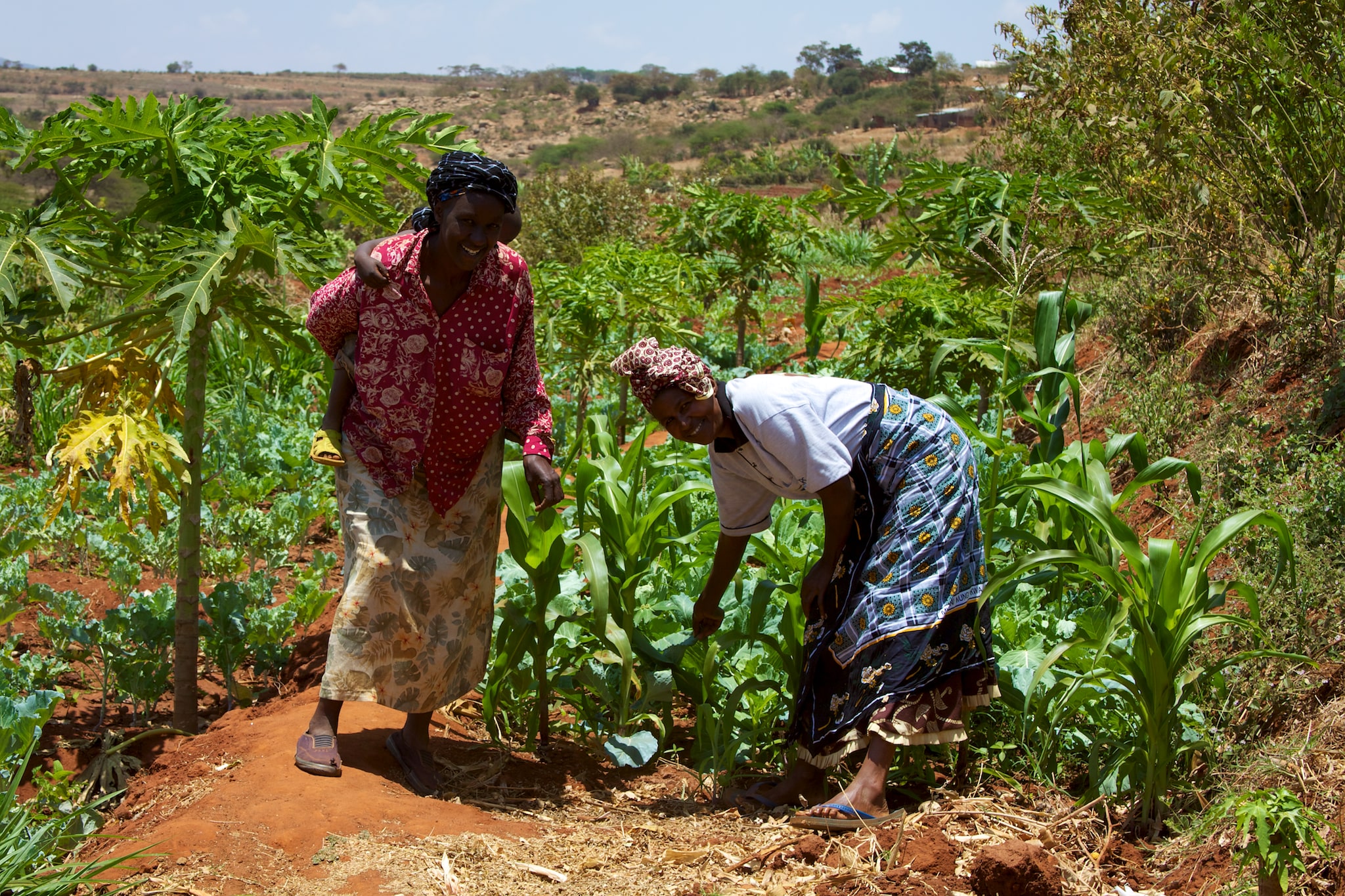South Africa sets first ever minimum wage

A minimum wage, of 20 rand ($1.59) per hour, has been set in South Africa for the first time in the country’s history.
Supporters of the bill say the new wage will reduce inequality and boost economic growth as it will encourage more spending. A 2016 commission, led by President Cyril Ramaphosa, found that just under 50% of employed South Africans earned less than the new minimum wage.
Following this, South Africa’s government voted overwhelmingly in favour of passing the new minimum wage bill, with the expectation that it will help the lowest paid workers, including almost 75% of farm and domestic workers.
David N. Margolis writes that minimum wages can both "protect workers with low bargaining power from expolitation" and "increase household income." In his IZA World of Labor article, Introducing a statutory minimum wage in middle and low income countries, Margolis argues that the "motivations for introducing a statutory minimum wage in developing countries include reducing poverty, advancing social justice, and accelerating growth."
Critics of the bill however, say it could lead to increased unemployment as employers may be unable to afford an increase in wages. It has been met with fierce criticism by one of the country’s largest trade unions, the South African Federation of Trade Unions (SAFTU). SAFTU accuses the government of “legitimising poverty”, seeing the new bill as a missed opportunity to make progress in reducing the country’s wage gap. Indeed, thousands of union members protested in cities across the country in April in opposition to the minimum wage. Now, with the passing of the bill, SAFTU intend to stage a two-day national strike.
Joseph J. Sabia argues that "policymakers wishing to aid low-skilled workers…or to spur economic growth, should not look to the minimum wage as a policy solution." In his article, Do minimum wages stimulate productivity and growth?, Sabia writes that "means-tested, pro-work cash assistance programs and negative income tax schemes can deliver income to the working poor far more efficiently."
Read more on the effects of minimum wages.
For specific expertise contact David N. Margolis or Joseph J. Sabia directly.